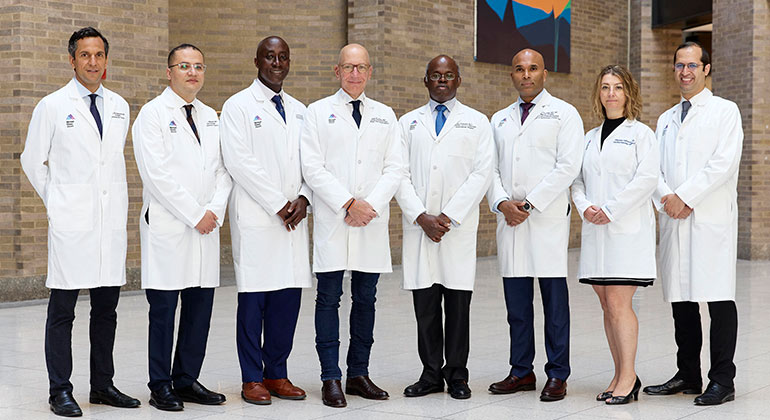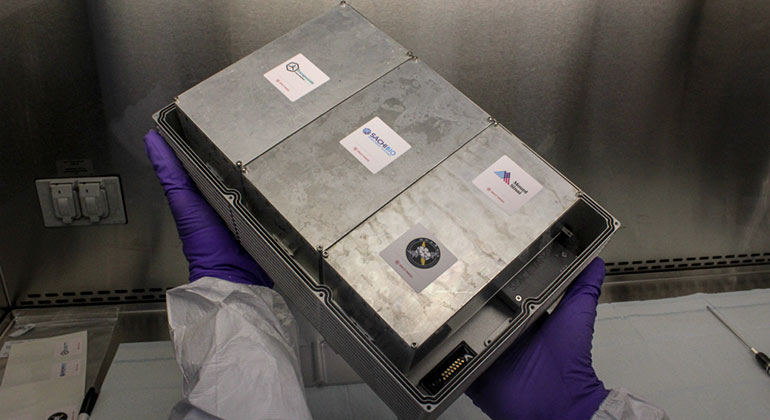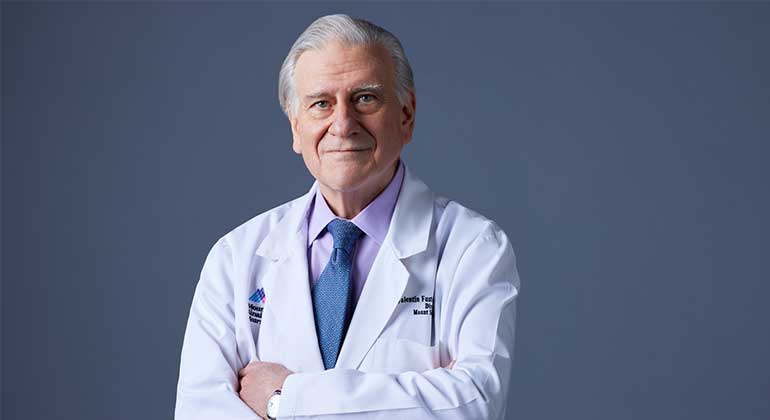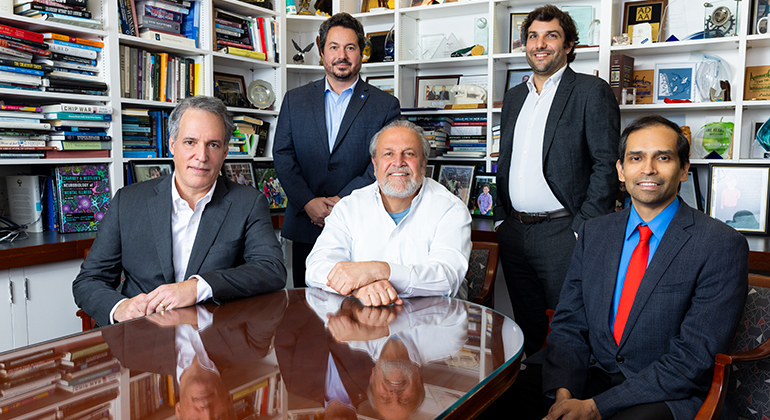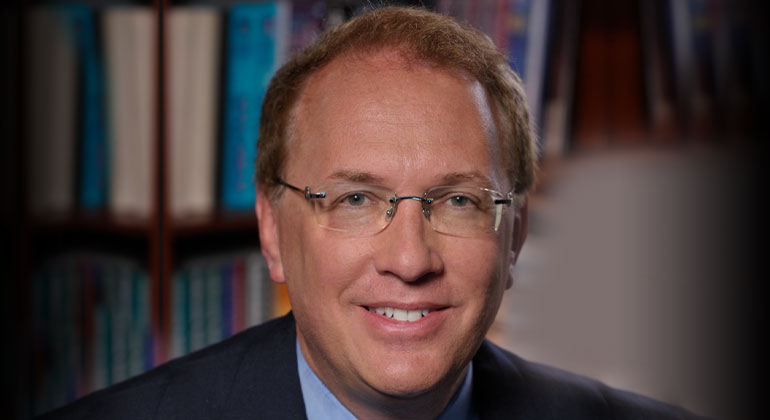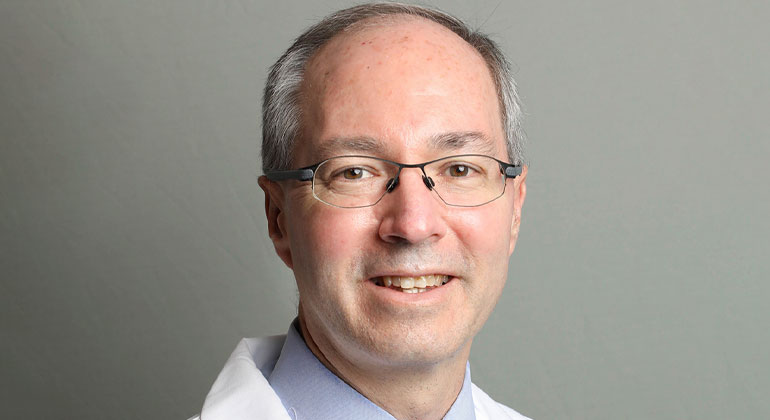The Mount Sinai Medical Center First in New York City to Offer the Newly FDA Approved HeartMate II® Pocket Controller™
The Mount Sinai Medical Center is the first medical center in New York City to offer the newly FDA approved HeartMate II® Pocket Controller™.
The Mount Sinai Medical Center is the first medical center in New York City to offer the newly FDA approved HeartMate II® Pocket Controller™ to help its advanced heart failure patients maintain more active lifestyles. This latest generation controller for the HeartMate II left ventricular assist device (LVAD) is a new small, light-weight, patient-friendly external controller about the size of a smart phone that easily fits in a patient’s front pocket and powers their heart to pump.
"This new HeartMate II controller is a good step forward for our heart failure patients who are awaiting a heart transplant or in need of long-term, permanent support for their survival," says Sean P. Pinney, MD, Director of the Advanced Heart Failure & Cardiac Transplantation Program at The Mount Sinai Medical Center. "With its smaller size and intuitive safety features, we expect the new controller will enhance the daily lives of our heart failure patients."
Mount Sinai has one of the largest LVAD programs in the United States, with its cardiothoracic surgeons implanting approximately 50 each year. Mount Sinai started using LVAD technology in 2006 for advanced heart failure patients. It is used as a bridge-to-transplant (BTT) therapy or destination therapy (DT) for permanent support. In addition, Mount Sinai performs dozens of successful heart transplants each year.
"This new controller will improve the LVAD patient’s overall experience, heighten the quality of their life by supporting their active lifestyle, while providing pocket-sized peace of mind for them and their clinical care team," says Kimberly Ashley, FNP-BC, the VAD Program Manager for the Advanced Heart Failure & Cardiac Transplantation Program at The Mount Sinai Medical Center. "We hope to expand the use of this pocket-sized HeartMate II controller to not only new patients but also those current HeartMate II users to give them the option to swap-out their old controller for the smaller, safer version making their lives more comfortable and normal during their daily activities."
The HeartMate II LVAD is implanted into a patient by a cardiothoracic surgeon during open heart surgery. LVADs assist the left ventricle, the heart’s main pumping chamber, to pump blood and oxygen throughout the body. With the new system controller patients now have a device which can fit just inside their pocket and displays real-time data about their HeartMate II’s function.
The new patient-friendly controller is a small computer, attached to the HeartMate II LVAD via one side cable. It enhances patients’ safety by powering their LVAD to pump their heart, monitors their vital signs, and alert them of any concerns. Its new design features promote greater patient safety through a diagnostic check system to make sure device wires are intact and functional, special visual alarms, precise on-screen instructions for the patient, and longer backup battery power. In addition, the device is programmed with 37 languages to serve diverse patient populations.
"We do extensive patient education training before and after LVAD surgery to teach patients exactly how their controllers work, how to closely monitor their LVAD’s status and also to be vitally aware of any issues or concerns that may arise," says Bess Griffin RN, BSN, the VAD Coordinator for the Advanced Heart Failure & Cardiac Transplantation Program at The Mount Sinai Medical Center. "The staff, who have begun training on the new, smart, smaller controller, really enjoy the device’s very easy, user-friendly interface. Thanks to the new controller we are expecting patients may be trained more quickly and feel more confident in caring for their device at home."
The Pocket Controller is available for new advanced heart failure patients in need who receive HeartMate II as well as for current HeartMate II patients who wish to upgrade their existing system controllers. This Pocket Controller can help new patients and the more than 6,000 patients currently on HeartMate II support.
A surgically implanted LVAD is a mechanical device that circulates blood throughout the body when the heart is too weak to pump blood adequately on its own. There is a small electric motor inside the LVAD that drives the pumping of the blood. Blood from the patient’s heart flows into the LVAD and then circulates into the aorta; and, from there, to the rest of the body. The LVAD system is connected to a small diameter cable called the driveline that passes through the patient’s skin connecting the body’s internal LVAD with its external controller. The controller is connected to the pump, the driveline, and the power supply (batteries or sometimes electric wall power).
An LVAD does not only support a failing heart, to circulate blood, it also can help alleviate the debilitating symptoms of heart failure. Heart failure occurs when the heart is too weak to properly circulate blood throughout the body. Symptoms include shortness of breath, leg swelling, weight gain, fatigue, and weakness. The condition affects almost 6 million people in the United States. Early diagnosis and treatment can improve an advanced heart failure patient’s quality of life and life expectancy. Treatment options may include lifestyle changes, medication and for severe cases LVADs and heart transplant.
"This new smart controller will allow heart failure patients with the HeartMate II to do what they wish, staying active daily and with their loved ones where it matters most," says Dr. Pinney.
About The Mount Sinai Medical Center
The Mount Sinai Medical Center encompasses both The Mount Sinai Hospital and Icahn School of Medicine at Mount Sinai. Established in 1968, the Icahn School of Medicine at Mount Sinai is one of the leading medical schools in the United States. The Icahn School of Medicine is noted for innovation in education, biomedical research, clinical care delivery, and local and global community service. It has more than 3,400 faculty members in 32 departments and 14 research institutes, and ranks among the top 20 medical schools both in National Institutes of Health (NIH) funding and by U.S. News & World Report.
The Mount Sinai Hospital, founded in 1852, is a 1,171-bed tertiary- and quaternary-care teaching facility and one of the nation's oldest, largest and most-respected voluntary hospitals. In 2012, U.S. News & World Report ranked The Mount Sinai Hospital 14th on its elite Honor Roll of the nation's top hospitals based on reputation, safety, and other patient-care factors. Mount Sinai is one of just 12 integrated academic medical centers whose medical school ranks among the top 20 in NIH funding and by U.S. News & World Report and whose hospital is on the U.S. News & World Report Honor Roll. Nearly 60,000 people were treated at Mount Sinai as inpatients last year, and approximately 560,000 outpatient visits took place.
For more information, visit http://www.mountsinai.org.
Find Mount Sinai on:
Facebook: http://www.facebook.com/mountsinainyc
Twitter @mountsinainyc
YouTube: http://www.youtube.com/mountsinainy
About the Mount Sinai Health System
Mount Sinai Health System is one of the largest academic medical systems in the New York metro area, with more than 43,000 employees working across eight hospitals, over 400 outpatient practices, nearly 300 labs, a school of nursing, and a leading school of medicine and graduate education. Mount Sinai advances health for all people, everywhere, by taking on the most complex health care challenges of our time — discovering and applying new scientific learning and knowledge; developing safer, more effective treatments; educating the next generation of medical leaders and innovators; and supporting local communities by delivering high-quality care to all who need it.
Through the integration of its hospitals, labs, and schools, Mount Sinai offers comprehensive health care solutions from birth through geriatrics, leveraging innovative approaches such as artificial intelligence and informatics while keeping patients’ medical and emotional needs at the center of all treatment. The Health System includes approximately 7,300 primary and specialty care physicians; 13 joint-venture outpatient surgery centers throughout the five boroughs of New York City, Westchester, Long Island, and Florida; and more than 30 affiliated community health centers. We are consistently ranked by U.S. News & World Report's Best Hospitals, receiving high "Honor Roll" status, and are highly ranked: No. 1 in Geriatrics and top 20 in Cardiology/Heart Surgery, Diabetes/Endocrinology, Gastroenterology/GI Surgery, Neurology/Neurosurgery, Orthopedics, Pulmonology/Lung Surgery, Rehabilitation, and Urology. New York Eye and Ear Infirmary of Mount Sinai is ranked No. 12 in Ophthalmology. U.S. News & World Report’s “Best Children’s Hospitals” ranks Mount Sinai Kravis Children's Hospital among the country’s best in several pediatric specialties.
For more information, visit https://www.mountsinai.org or find Mount Sinai on Facebook, Twitter and YouTube.
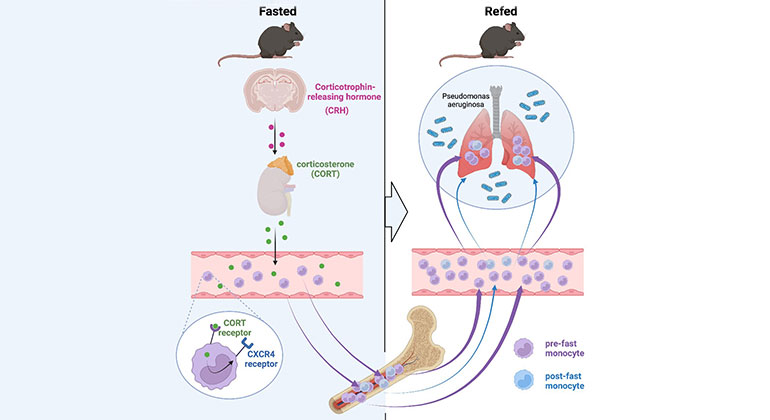
Skipping Breakfast May Compromise the Immune System
Feb 23, 2023 View All Press Releases
Valentin Fuster, MD, PhD, Receives Prestigious Award from City of Barcelona, Spain
Jan 23, 2023 View All Press Releases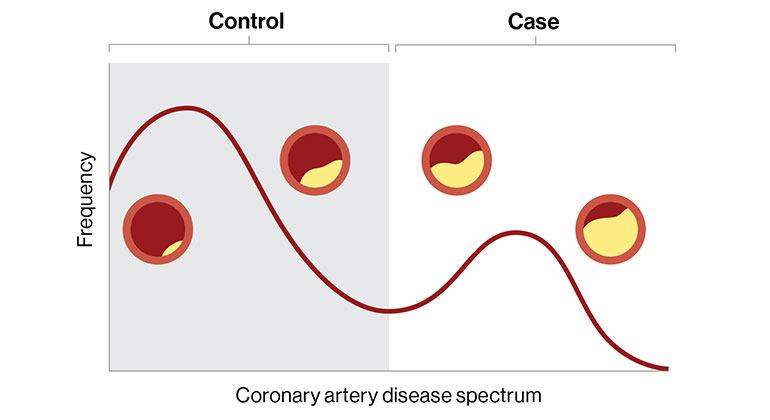
Digital Marker for Coronary Artery Disease Built by Researchers at Mount Sinai
Dec 20, 2022 View All Press Releases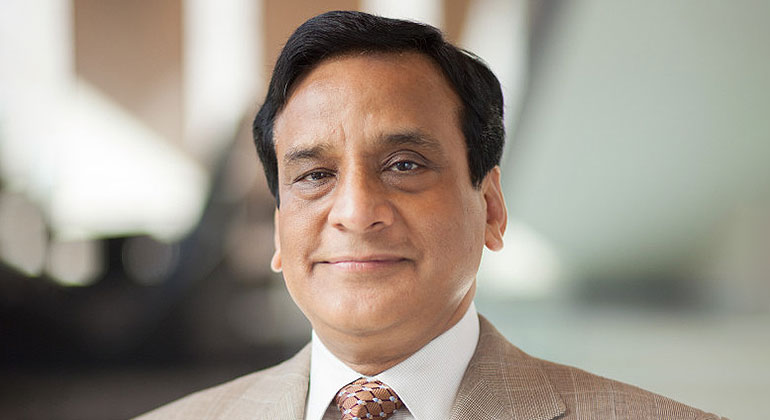
Samin Sharma, MD, Named Director of the Mount Sinai Cardiovascular Clinical Institute
Nov 28, 2022 View All Press Releases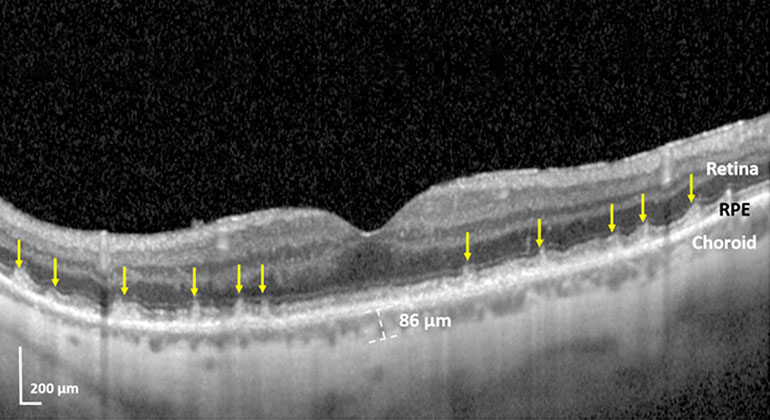
Blinding Eye Disease Strongly Associated With Serious Forms of Cardiovascular Disease
Nov 17, 2022 View All Press Releases